A recent article by Village Voice reporter Nick Pinto discussed the academic mutiny of some NYU faculty members over the City Council-approved NYU 2031 expansion plan. The plan will involve 2.8 million gross square feet of new construction in the Greenwich Village area.
Despite Mr. Pinto’s hyperbolic metaphor of NYU as “an insatiable beast swallowing up entire neighborhoods,” I support the university’s vision, since it is necessary for academic uses, and because, according to NYU President John Sexton, “our intellectual, cultural and educational strengths — already among the world’s greatest — are becoming the essence of New York’s global identity.”
New Urbanism thought, epitomized by Richard Florida, theorizes on the central role of the “creative class” in catalyzing a city’s economic and cultural sectors. Precisely for this reason, New York City Mayor Michael Bloomberg said last April that the city government will be contributing $15 million for a new technology campus at the Polytechnic Institute of NYU in downtown Brooklyn.
In terms of support for the construction, Pinto listed “biology professors, eager for new labs promised by the 2031 plan.” As a former doctoral teaching fellow at NYU’s department of biology for the late Dr. Fleur Strand, I could appreciate the need for new biology laboratories — both teaching and research — at the Washington Square campus, which is often eclipsed by the hegemonic NYU Langone Medical Center. NYU’s biology department has had notable scientists on its faculty, such as my late professor of basic experimental hematology, Dr. Albert Gordon, who discovered the hormone erythropoietin, which regulates red blood cell production.
Pinto revels in the suggestion of that “players in their own right” as “interlocking directorates” of power vis-a-vis university trustees. However, this is a political smokescreen befuddling the core issue of NYU’s mission with the role of faculty power within the university. I suggest that when you think of NYU, think of Dr. Jonas Salk, M.D., virologist who discovered and developed the vaccine for poliomyelitis (infantile paralysis) in 1955. I suggest that whenever you walk, you think of NYU and Dr. Salk, and how their alumni and faculty have made monumental medical and biological discoveries to benefit humanity.
As a former graduate student in the department of biology, I was vociferous in my criticism of the administration in regard to the insufficiency of research mentors. NYU 2031 will result in more biology laboratories for teaching and research in frontline studies within molecular cell biology. NYU is not some Frankenstein monster bent on the destruction of New York City. NYU is a powerhouse for the creative class and New York City’s global identity. We need to support Sexton for his vision in 2031.
A version of this article appeared in the Mar. 27 print edition. Joseph N. Manago is a former NYU professor. Email him at [email protected]

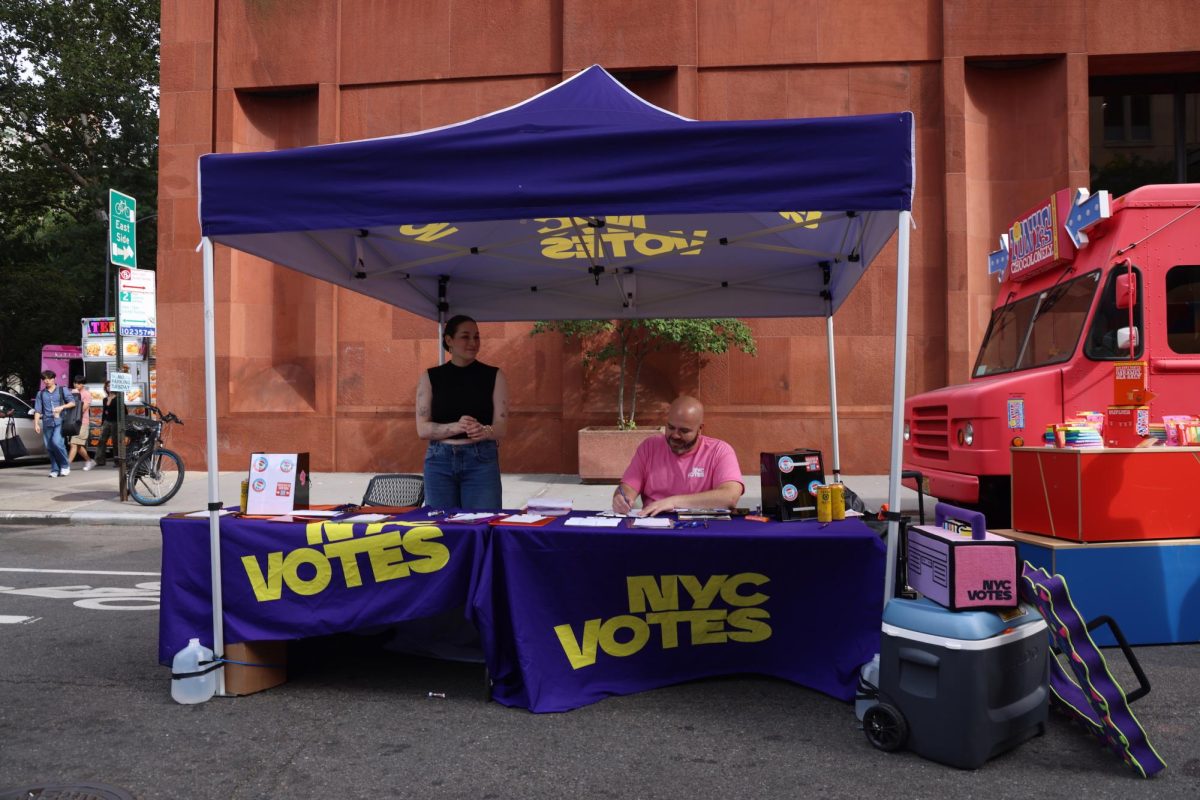

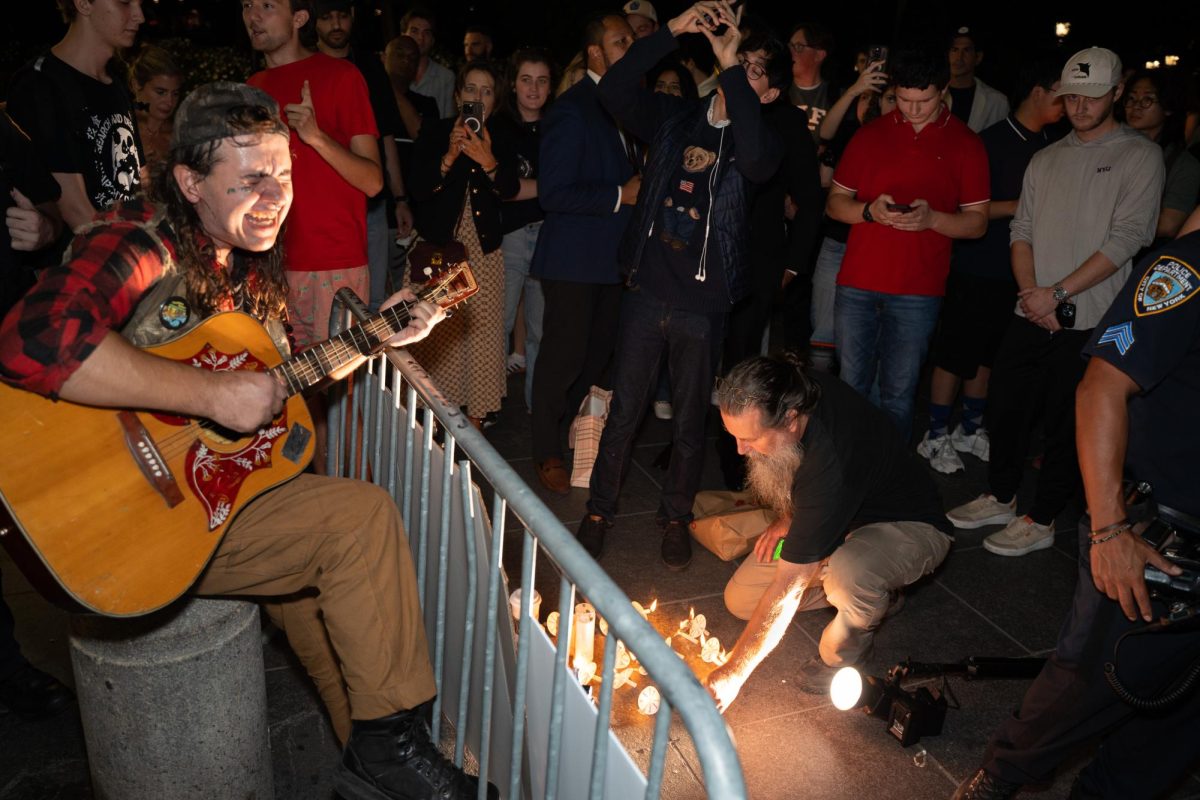
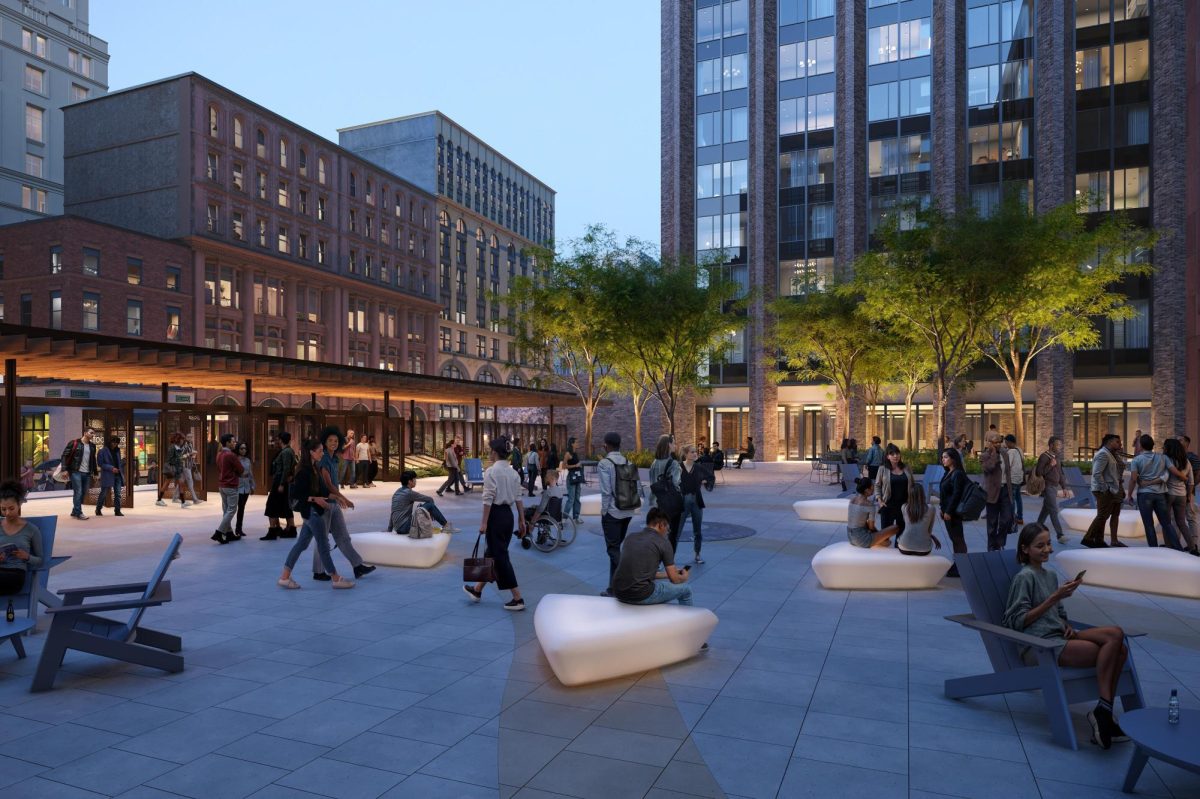
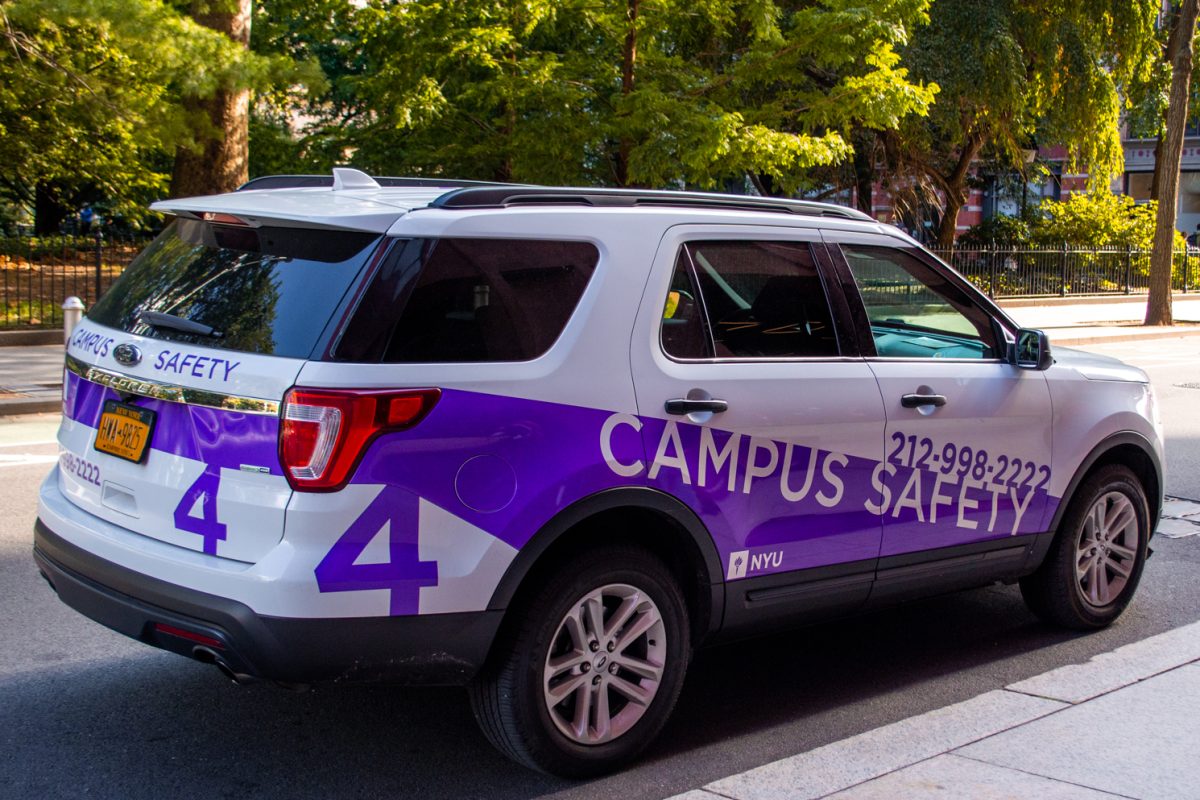









































































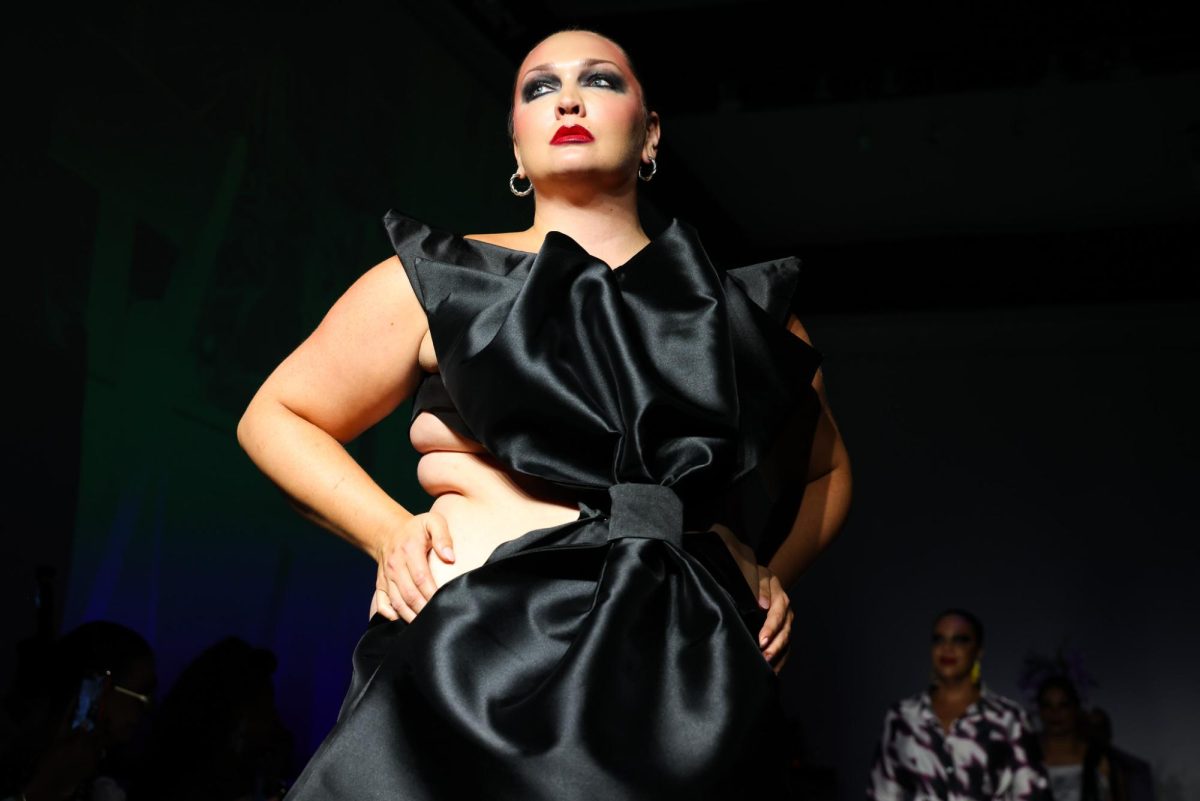













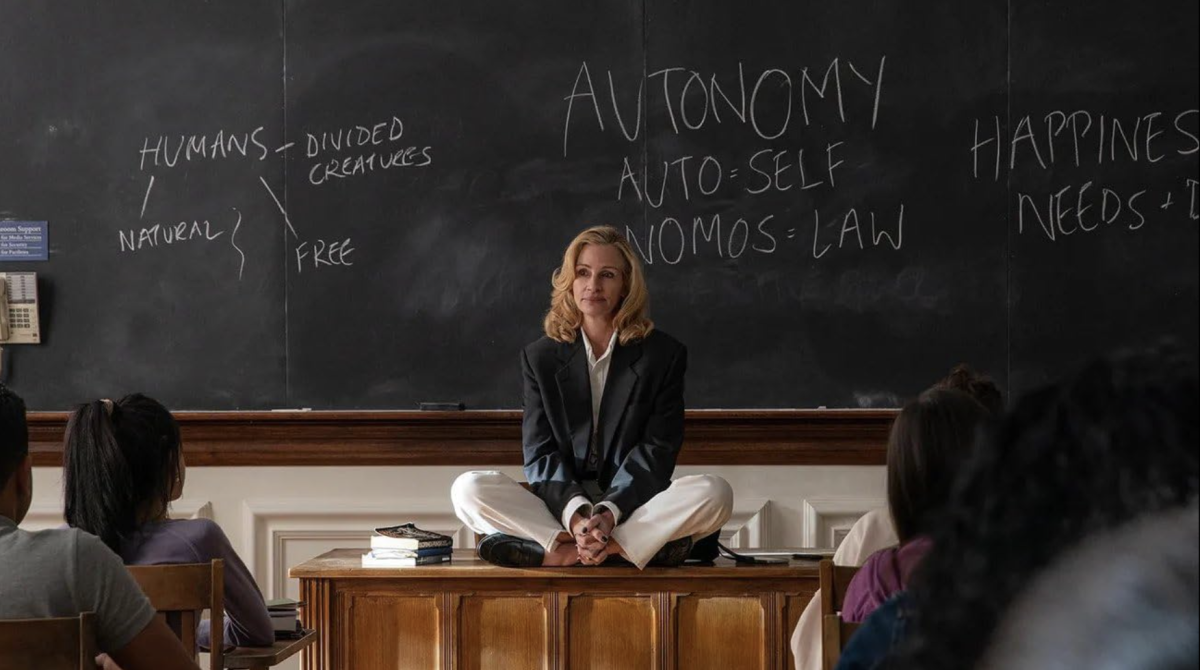



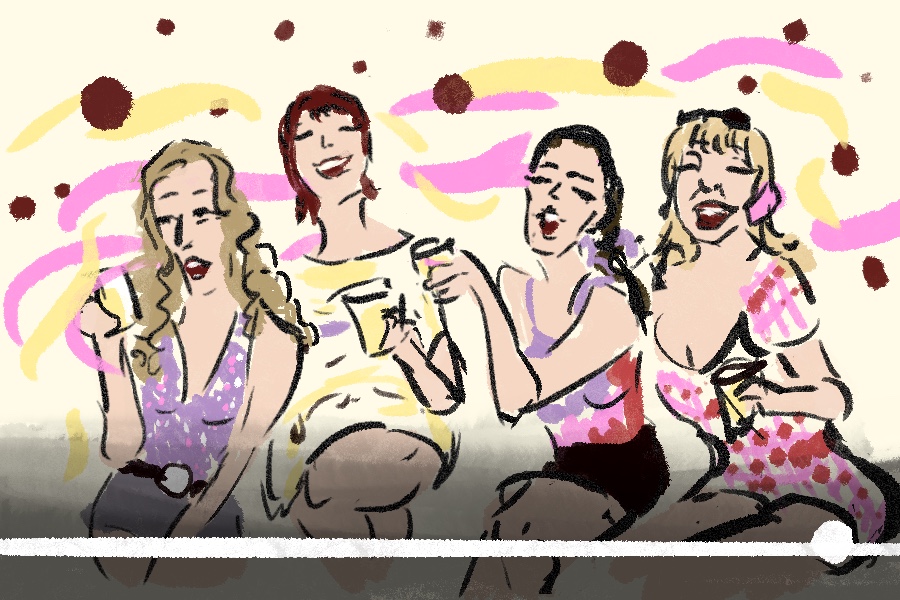






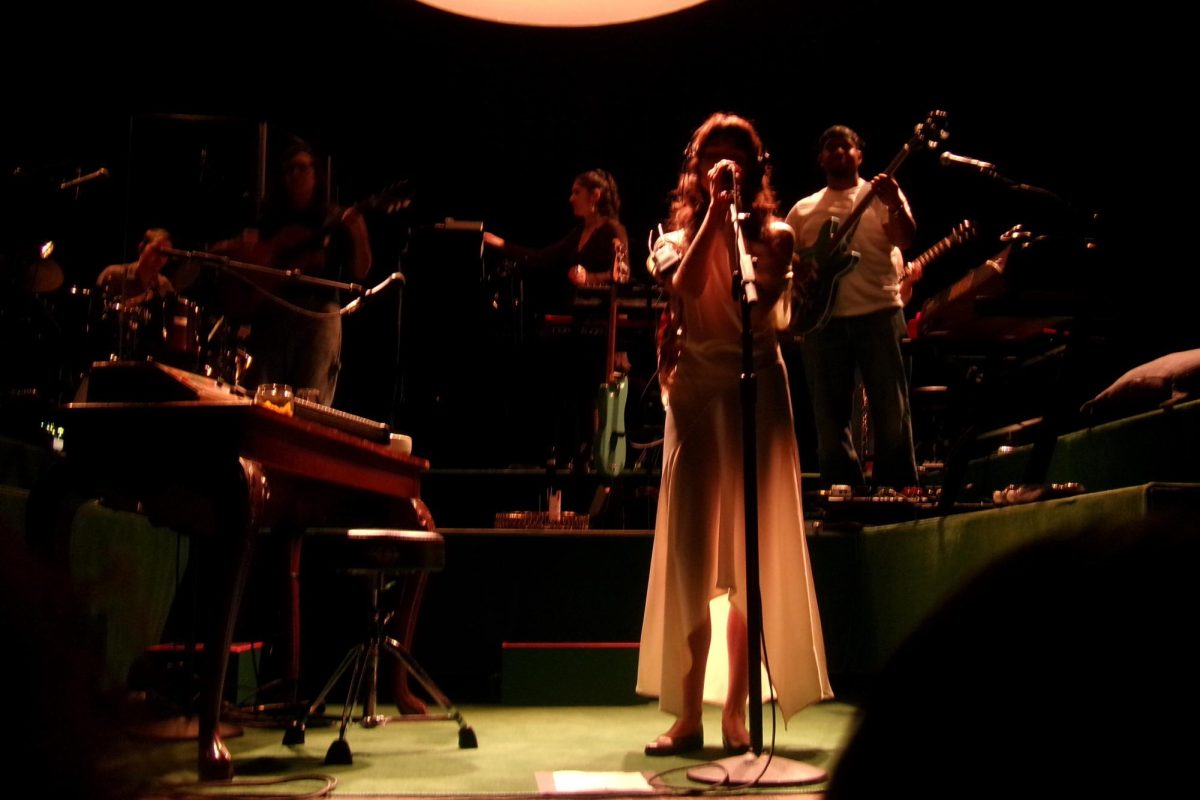

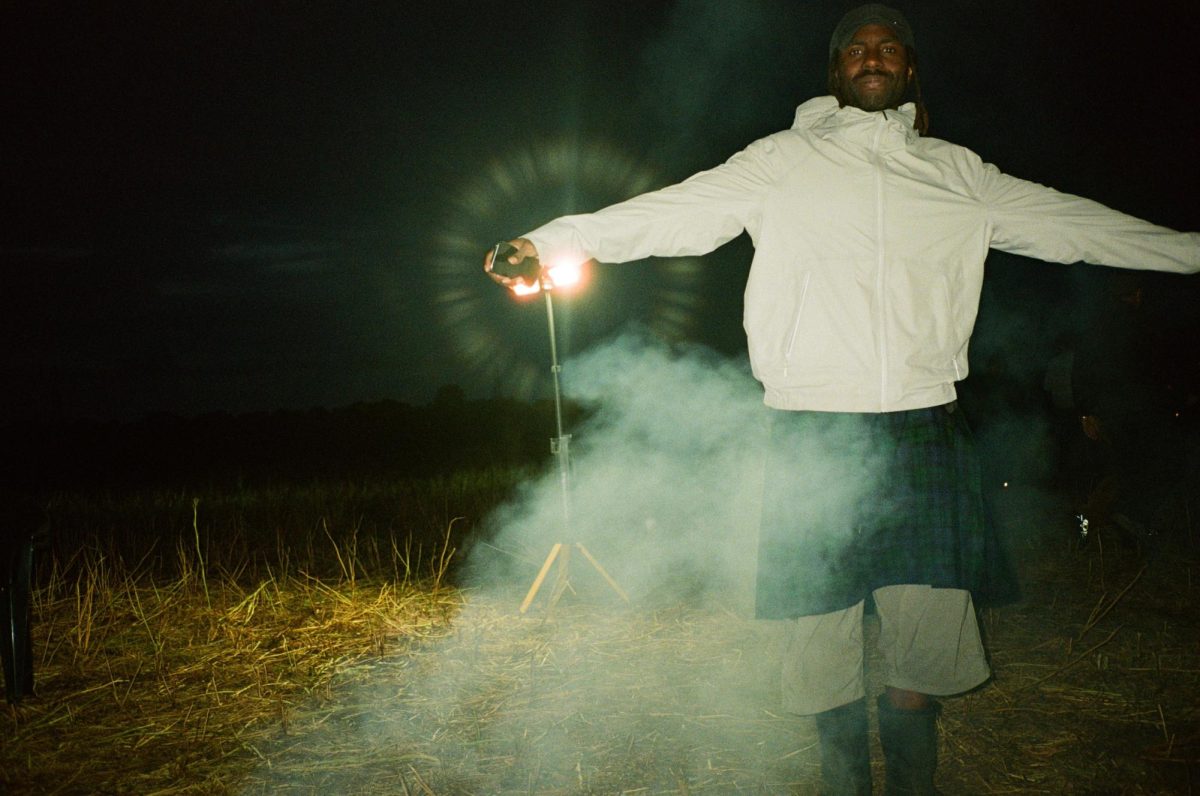


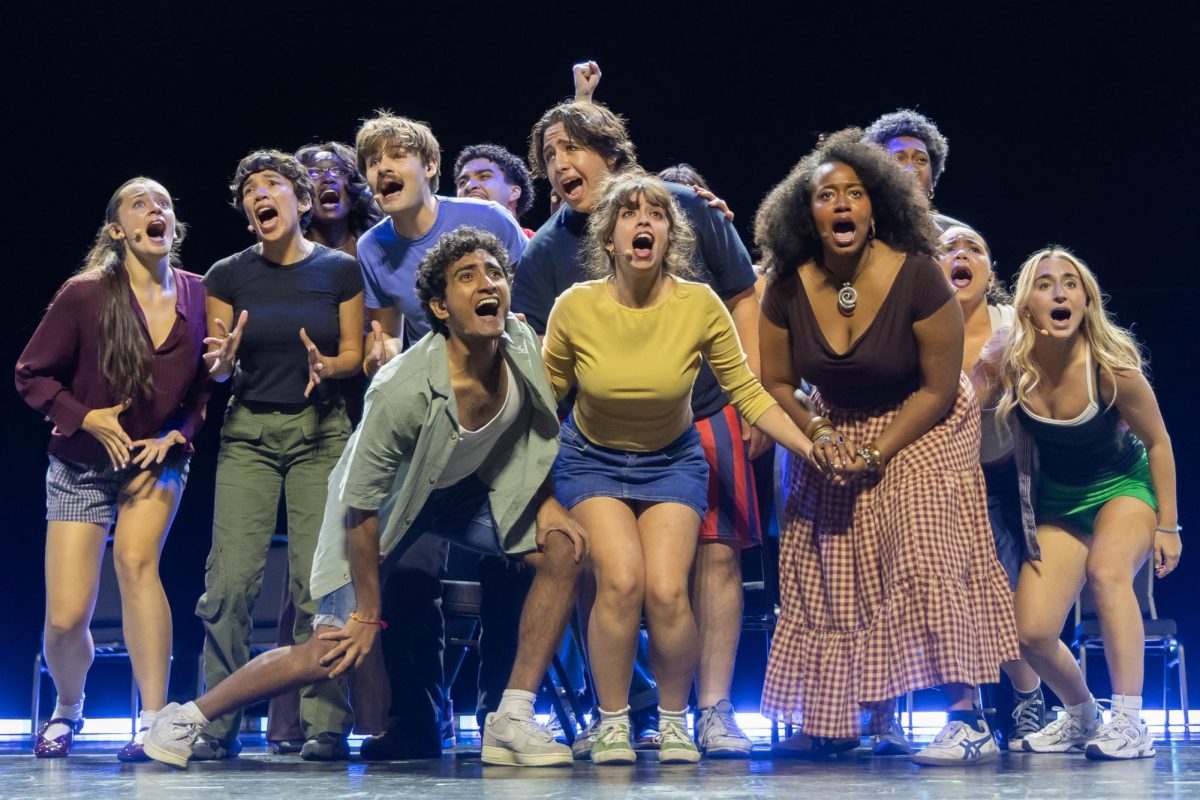




































adam • Mar 27, 2013 at 7:38 am
So you did not receive mentoring as a graduate student and you think more space will ameliorate this? In any case, 2031 is not just about a few more labs, which could be placed in the area, farther out from the core, or in Brooklyn. Furthermore, what does the “new urbanism” say about the whole creative class, consisting of artists, filmmakers, musicians, that has been driven from lower Manhattan in the past twenty years? Science is extremely important but your notion of “creativity” is…